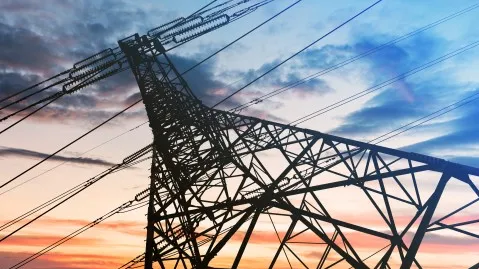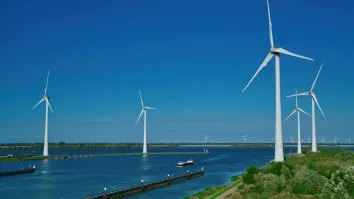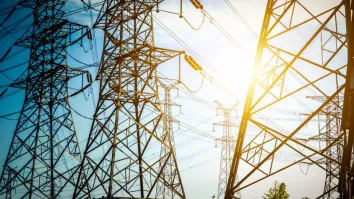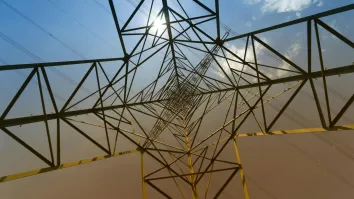
Japan’s electricity demand to dip less than 1% annually to 2024
This is due to the strong energy conservation activities in the country.
Japan’s electricity demand will continue to see a slight decrease annually until 2024 as an effect of the strong conservation initiatives of the country, according to the International Energy Agency (IEA).
“Japan’s electricity demand has declined over the past decade due to strong energy conservation activities and despite increasing electrification,” the IEA said in its Electricity Market Report.
“We forecast this trend to continue during 2022-2024 with an average annual decline of less than 1%,” it added.
Japan’s electricity demand returned to the 2019 level, increasing by 1.5%. It noted, on the other hand, that despite the recovering demand in the industrial and commercial sectors, the recovery was limited because of the continuous impact of the pandemic and the over six-month long state of emergency last year.
IEA expects coal and gas-fired power generation share to decline by about 15% and 9% in the period to 2024, relative to 2021 levels as renewable generation is set to grow by 21%.
In 2021, gas and coal accounted for around 70% of total electricity demand, it said.
The agency added that nuclear generation could increase more than renewables as reactor restarts, which include plants resuming operations following temporary shutdown because of anti-terrorism safety measures.
This also includes units restarting for the first time at the Fukushima Daiichi nuclear plant following the 2011 Great East Japan Earthquake.
“However, some uncertainty exists due to concerns over non-compliance with regulations and local opposition,” the report read.



















 Advertise
Advertise







